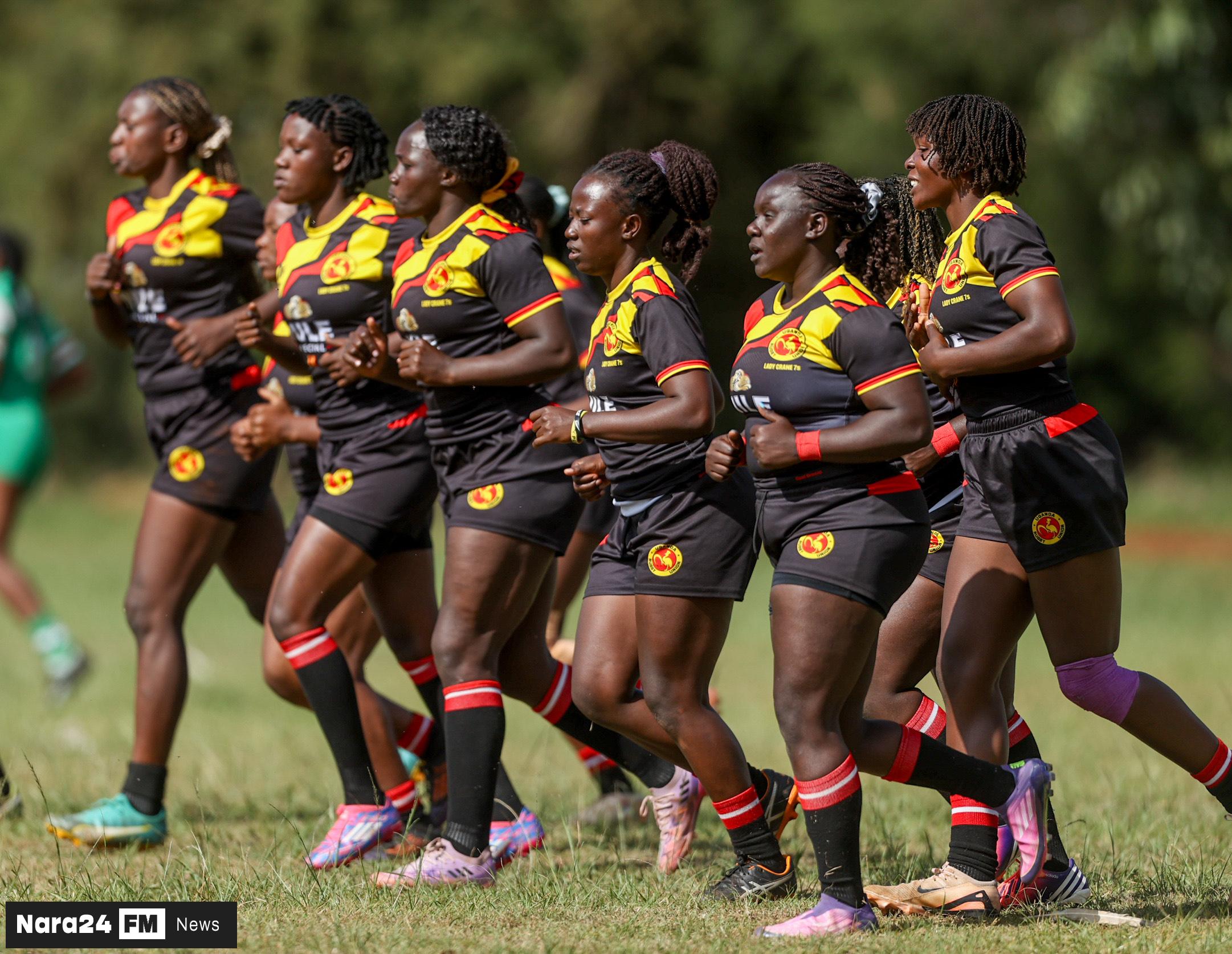In This Article
- Emergency Talks and Escalation Context
- Trump's Mediation and Trade Leverage
- Historical Roots of the Dispute
- Divergent Stances on Ceasefire and Dialogue
Key Takeaways
- Thailand and Cambodia are holding emergency talks in Malaysia following violent border clashes that killed at least 33 soldiers and civilians and displaced thousands.
- U.S. President Donald Trump mediated by urging both nations to agree to a fragile ceasefire, though sporadic shelling persisted over the weekend.
- The conflict centers on a disputed area near a historic Khmer-Hindu temple, rooted in colonial-era border demarcations and territorial grievances.
- Thailand's military has gained the upper hand with artillery and air strikes, while Cambodia's forces struggle to retain territory and equipment.
- Malaysia is hosting the talks, with Prime Minister Anwar Ibrahim playing a key role in de-escalation efforts amid regional stability concerns.
Thailand and Cambodia are set to hold emergency negotiations in Malaysia on Monday, following a week of violent border clashes that have left at least 33 soldiers and civilians dead and forced thousands from their homes. The decision came after U.S. President Donald Trump contacted both nations’ leaders on Saturday to advocate for an urgent ceasefire, urging progress toward peace.
Thailand’s acting Prime Minister Phumtham Wechayachai will lead the delegation, with Cambodian Prime Minister Hum Manet also expected to attend the talks, according to statements from the Thai and Malaysian governments. Despite Trump’s assertions that both countries have agreed to a ceasefire, sporadic shelling persisted over the weekend, highlighting the fragility of the situation.
Cambodia, which has repeatedly called for an immediate halt to hostilities, affirmed its acceptance of Trump’s ceasefire proposal. The nation’s military, outmatched by Thailand’s artillery and air strikes, has struggled to retain territory and equipment. “President Trump’s mediation will help protect lives,” Prime Minister Hum Manet stated after their phone conversation. Thailand, however, emphasized that any ceasefire must follow structured dialogue to address deeper tensions, with the foreign ministry noting it seeks “sincere intentions” from Cambodia.
The conflict, reigniting old territorial grievances, centers on a region near a historic Khmer-Hindu temple. Thailand accuses Cambodia of deploying surveillance drones into contested airspace, while Cambodia claims Thai forces violated past accords by encroaching on the temple area. The dispute traces back to border demarcations made during France’s colonial rule of Cambodia in the early 20th century.
President Trump’s involvement marks a surprising turn, as Thailand initially dismissed third-party mediation. The U.S. leader also linked the crisis to pending trade negotiations, warning that 36% tariffs on imports from both nations will take effect on August 1 unless a resolution is reached. During a golf trip to Scotland, Trump posted on Truth Social: “When peace is secured, we’ll finalize our trade deals!”
Malaysian Prime Minister Anwar Ibrahim, who previously offered to host negotiations, now plays a pivotal role in de-escalation efforts. The talks will test both nations’ willingness to prioritize diplomacy over military posturing, as regional stability hangs in the balance.








Comments (0)
Leave a Comment
Be the first to comment on this article!